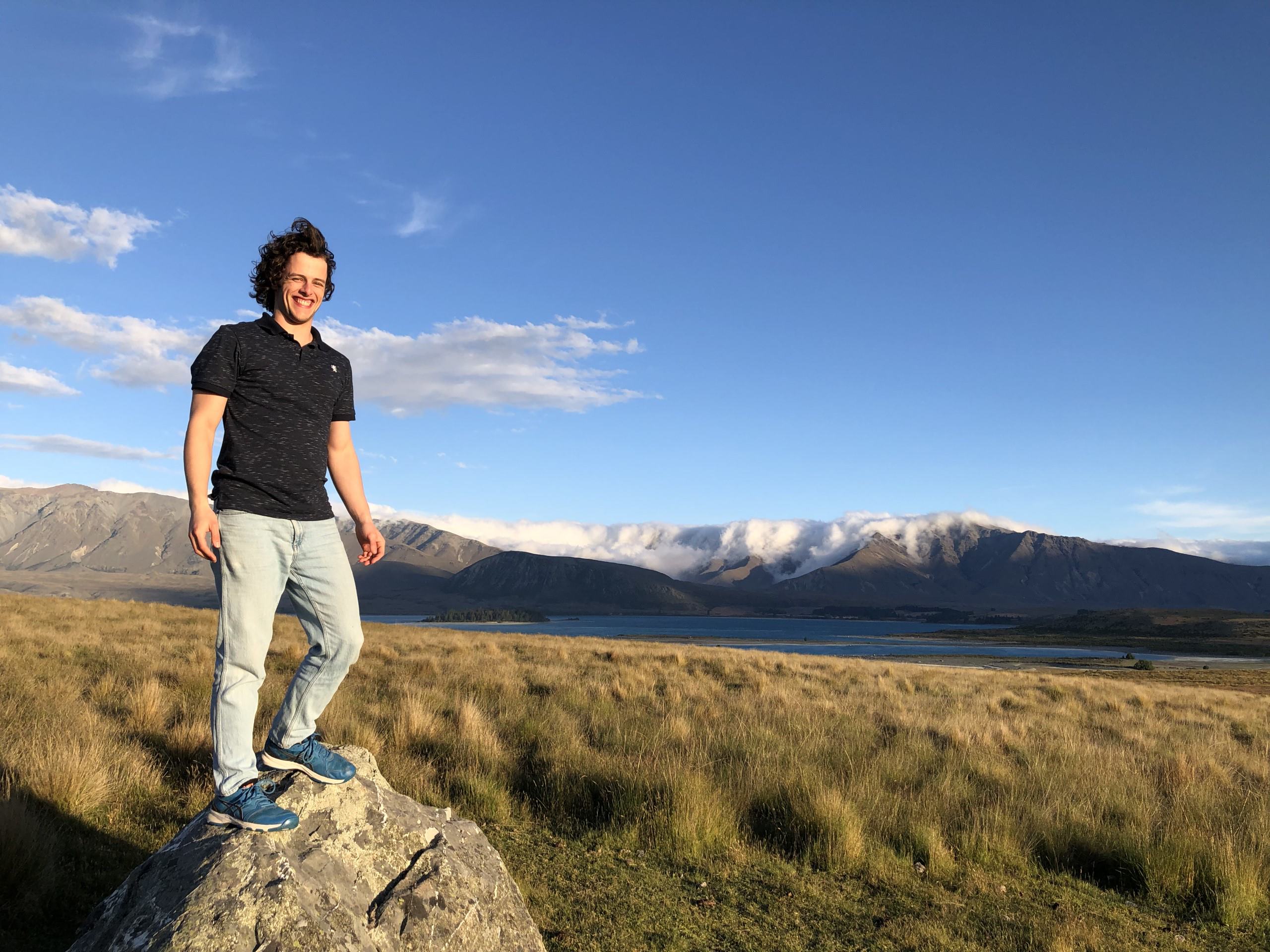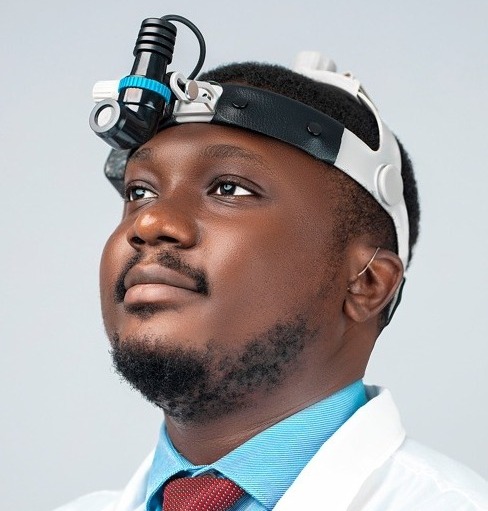
Holiday gift guide 2021: gifts for people with hearing loss
December 15, 2021
‘Squid Game’ exposes issue with English vs English CC
December 22, 2021‘It’s my superpower’: Meet deaf college student Morgan Follett

Morgan Follett, deaf college student and Phonak hEARo, has bilateral sensorineural and conductive profound hearing loss and loves sharing her experience with hearing loss.
The 23-year-old currently attends Northern Arizona University where she is majoring in social work. She hopes to one day work in the medical setting, disability advocacy, or child/family therapy.
Meet Deaf College Student and Phonak hEARo Morgan Follett
HLM: Tell us about your hearing loss and diagnosis.
MF: My hearing loss is genetic. I acquired it well into toddlerhood. I was three when I was diagnosed with a hearing loss in my right ear and was four when I was diagnosed with a hearing loss in my left ear. My hearing loss, bilaterally, progressed from mild-moderate to severe-profound deafness when I was about nine years old.
I have a very rare chromosome disorder in which some skeletal anomalies and a global developmental delay impacted me first. I dealt with chronic ear infections, 95% of which occurred in my right ear throughout my late childhood and teenage years.
My right ear does not benefit from a hearing aid anymore. I wish I were a candidate for a cochlear implant. I am not an established advocate for hearing loss education, but I write in my journal about frustrations and wishes. Many of them revolve around how people are so ignorant and tend to dismiss my hearing loss because my hair covers my hearing aid and CROS, etc.
Read more: Why I decided to use a Phonak CROS with my cochlear implant
HLM: Deafness is often perceived as the “invisible” disability. Will you elaborate some more about people being unaware of your hearing loss?
MF: As I advocate and explain that I can’t understand somebody well, many will act ignorant, even when I show my hearing aid at times. I feel like people don’t understand what it means to speak clearly and slower because when they do, many people make very ineffective changes. Sometimes I have to ask someone a fourth and fifth time time to repeat a part of what they said. One particularly frustrating moment was in one of the dining halls at my university. I gave a guy serving my food directions, and he asked a follow up question. I expected him to change his voice when I asked for clarification. He didn’t. After asking him for a third time, he looked me straight in the eyes, shrugged his shoulders and rolled his eyes rudely. I was so frustrated. The mannerisms of the server were unacceptable.
Oh, and the masks! The masks make things so hard for me, too! I hate the muffle. It is so important to be able to ask people to be willing to pull down their mask for a quick moment to communicate with me or stand six feet back and pull it down if they’re uncomfortable with being up close and pulling it down.
Read more: How face masks affect acoustics and speech understanding
HLM: You’ve mentioned some frustrations in college recently. What about your experiences in school growing up?
MF: I was first introduced to kids like myself in a Priority Preschool class with a couple other kids who had hearing loss. I was there for a year and then I switched to another preschool for the deaf, where I remember learning some American Sign Language (ASL). Upon time for pre-K, I did not have an appropriate vocabulary for my age. My local school district did not have a school that would be able to accommodate my needs.
The district sent me to Desert Voices Oral Learning Center in North Phoenix where I learned to implement listening and speech skills into my communication. In fact, Desert Voices is where I met Emmy Cartwright, a Phonak Teen Advisor. We graduated a year or two apart from each other and have recently reconnected some over Instagram. I have also kept in touch with some other kids through social media. There was even a brief period of time where we formed our own little group called the “Deaf Squad.” We would meet up to do fun activities.
I’m still in touch with Desert Voices and have volunteered there. I adore kids and my heart has an extra special place for kids who wear a cochlear implant or hearing aids.
Read more: My experience volunteering at a deaf school
HLM: We agree! Kids with hearing aids are extra special. Speaking of cuteness, let’s talk puppies. You have a service dog named Winston. Tell us about him!
MF: In early 2019, I remember distinctly becoming very interested in having a service dog. One day later in the year, my mom or I found out that a dog training and boarding center, Top Dog, where we had taken our family dogs to, started a service dog program. Super convenient because it is two minutes from my house.
I met the cutest 18-month-old standard poodle named Winston on February 4, 2019. For three months, he trained every day for obedience at the center. Then I got to take him home and continued to go to the center for training sessions for about six months. He passed the CGC (Canine Good Citizen) test, and we started working more on his specific tasks for me. It has been a challenging process but worth it. Now he supports me with mobility and a little bit of hearing. Hearing-related, he helps me wake up in the morning if I don’t respond well to the vibrating alarm and barks to alert me to a knock or doorbell ring at the door.
Read more: Hearing Dogs: A service for people with hearing loss
HLM: Winston sounds amazing! One final question, what do you wish hearing people knew about deaf/hard of hearing people?
MF: I wish people could be more informed about hearing loss. I feel like people are more accommodating for my mobility disability than deafness. On that note, I wish they understood that there is a spectrum for deafness. I prefer to call myself deaf because realistically, I am deaf because without my hearing aid, I am in a silent world. I love being in that silent world where I find myself as a happy medium between being deaf and “hearing” when I want to.
“I wish they understood that there is a spectrum for deafness…”
Although I have had my share of struggles with being deaf, like tinnitus, ignorant people, and listening fatigue, I wouldn’t trade being deaf for the world. It’s my superpower.




